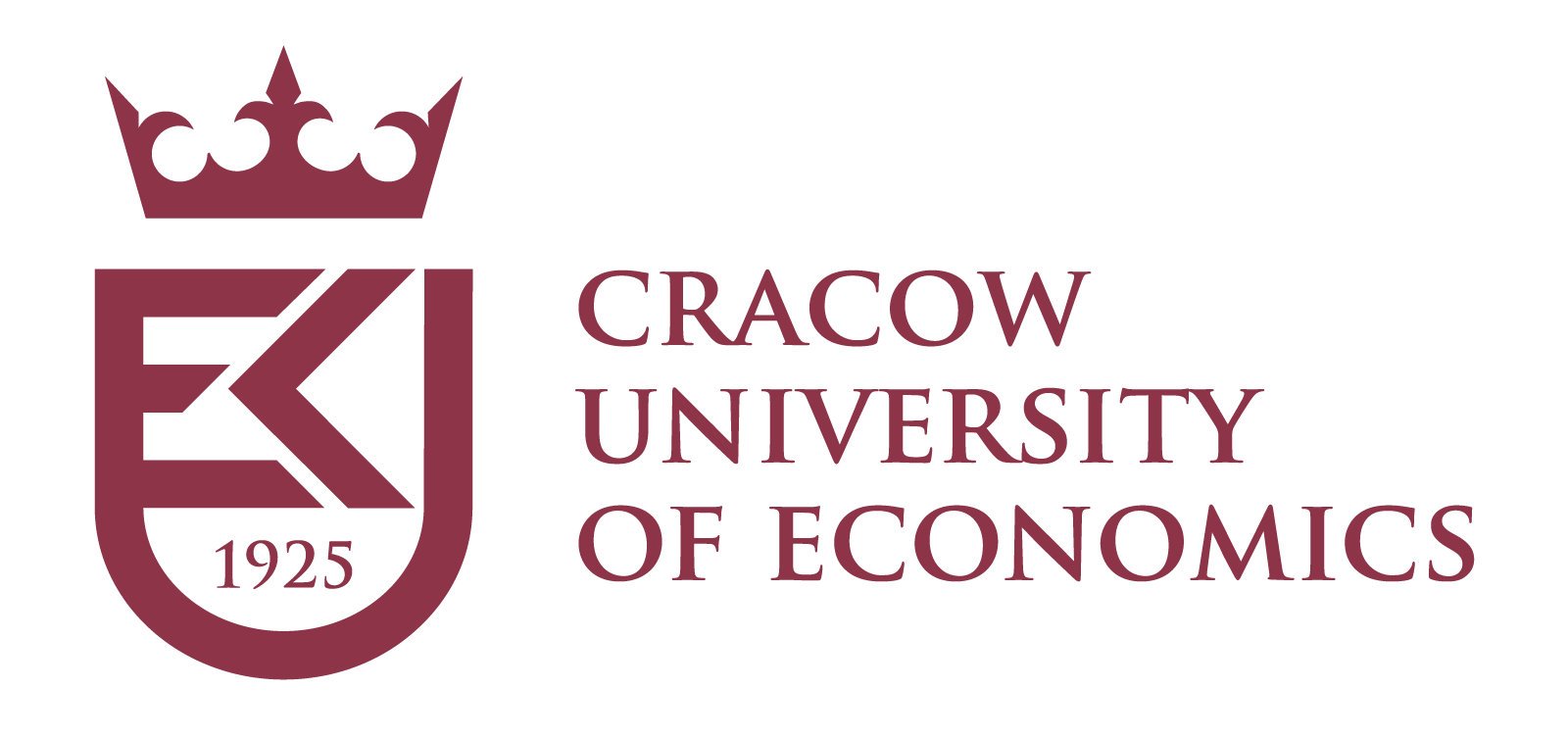![]()
Organisers: Wander Jager
In this workshop we intend to discuss with the community the problem of teaching computational methods to the students of social sciences, exchange experiences and ideas related to this problem, share educational materials we have prepared within the ACTISS project, and gather ideas for further applications and materials.
With an increasingly turbulent society, the demand for people who understand the social processes and at the same time are capable of analysing behavioural dynamics using computational methods is rising. However, educating these people can be a challenge. Many students of social sciences do not feel capable enough to study subjects which require competences in mathematics and/or ICT. It is correlated with gender composition of this population, as girls are often conditioned from an early childhood to doubt their STEM related abilities. In a typical social studies curriculum students attend obligatory courses in statistics and quantitative methods. These are usually perceived as difficult and computational sociology is often associated with bad experiences with those courses. The problem is described in the literature as mathematics and statistics anxiety.
To address this problem we started a project called ACTiSS – Action for Computational Thinking in Social Sciences – an educational project aimed at fostering the development of computational thinking among social science students and young professionals. The University of Warsaw together with the University of Groningen, FutureLearn and the Alexander von Humboldt Institute for Internet and Society is developing a Massive Open Online Course (MOOC) program. The developed digital training and teaching materials will be freely available to learners and teachers. We will launch our first modules in the summer 2021:
- People, Networks and Neighbours: understanding social dynamics
Quick and easy introduction to modelling and simulation. What is computational social science and which phenomena does it allow to study?
- Social Network Analysis: The networks connecting people
How do we spread disease, fake news and good ideas? We will present an overview of networks and how they relate to social dynamics.
In the workshop we will:
1: Exchange experiences with teaching computational social science
2: Work together to identify our main problems and look for possible solutions
3: Share educational materials developed within the ACTISS project and play with some of the interactive simulation exercises
4: Discuss the potential usefulness of these materials and work on additional ideas for materials that could be supportive for teaching social computation
We are looking forward to meeting you!
More info: https://actiss-edu.eu


